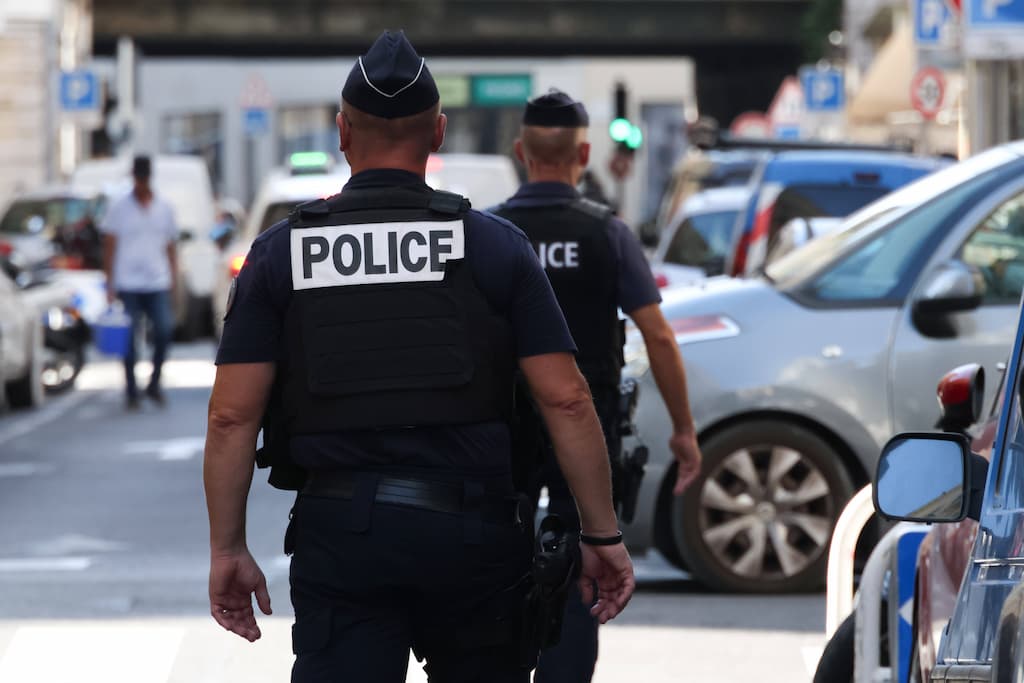A concert is being held today in the Netherlands with Roma music. Only issue, Goran Bregovic, Bratch. They play Roma music, and in thecse of Bregovic, they have Roma musisians, but it is not Roma music.
- De Nacht: Wereld. In: Concertzender. 28.09.2024. https://www.concertzender.nl/programma/de_nacht_wereld_788780/
